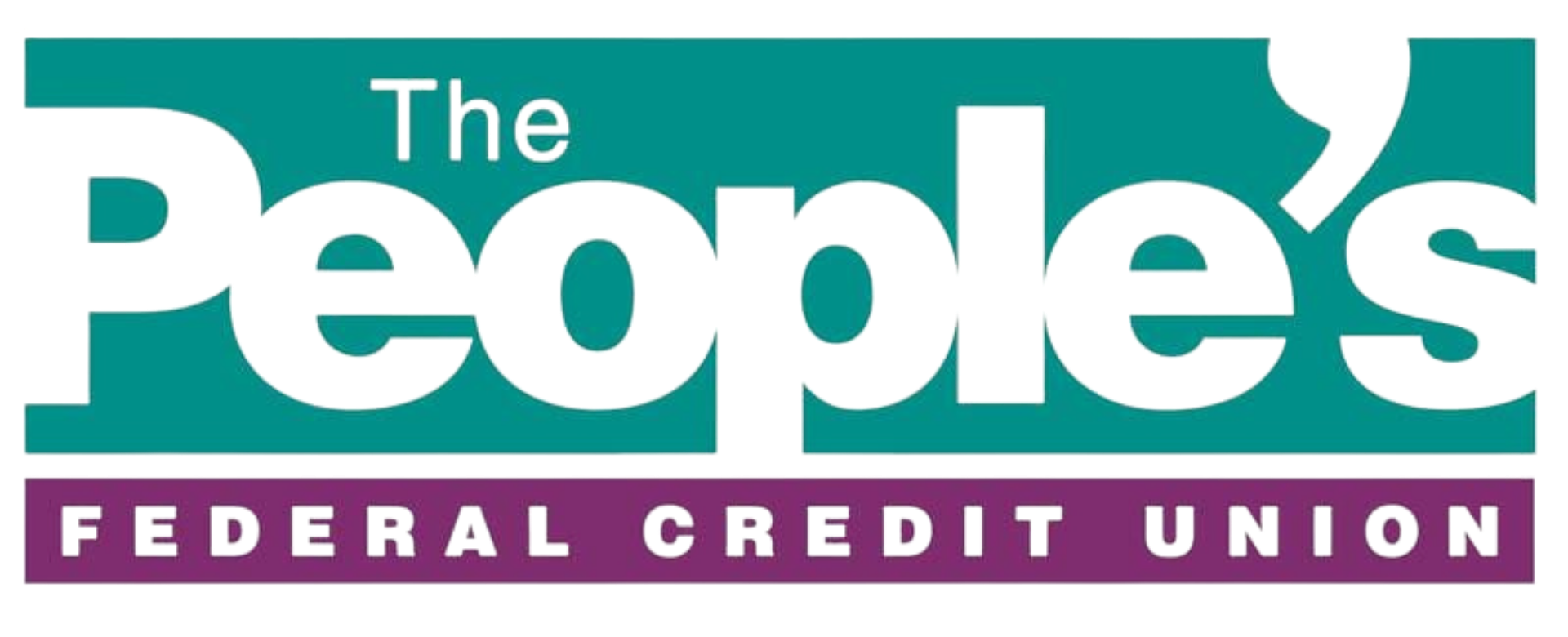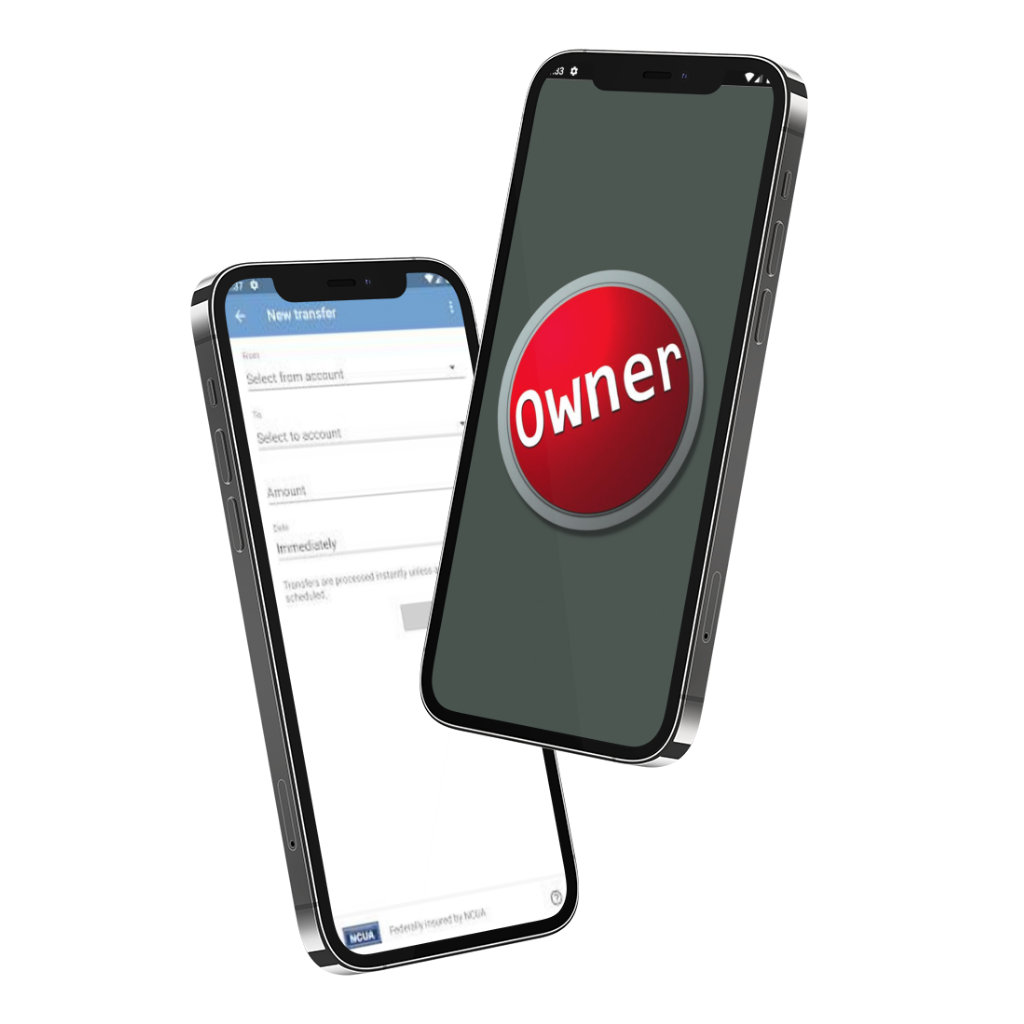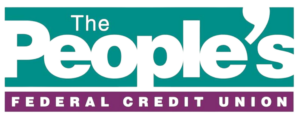Most people already have a checking account set up, with many liking the ability to see their money all in one place. It makes sense too—all from one account you can see how much you have to pay bills, plan for a vacation, and cover unexpected expenses that pop up.
But one caveat to this one-account method is that you may not truly be saving enough, since it can be all too easy to dip into your checking account. This is why it’s recommended to calculate an “emergency fund” goal and open a savings account specifically to save for unexpected expenses, such as car repairs or job loss.
Being Financially Prepared for Anything
The numbers aren’t great—in a recent poll, about a quarter of Americans reported having no emergency savings at all, while another quarter said they could cover less than three months’ living expenses.1
So how much should you aim for in an emergency fund? The general rule of thumb from most experts is to save about 3 to 6 months’ living expenses. This amount would need to cover not only the basics like rent, food, and utilities, but also car payments, insurance, internet service, subscriptions, medical expenses, etc.2
While this is just a general rule, factors such as job stability should be considered. If available work is not consistent (for example, you work independently as a contract worker or consultant), you may feel more comfortable with more substantial savings.
Benefits of a Savings Account
Having a separate emergency fund savings account requires us to think about whether we need the money for an unexpected expense like critical home repairs or simply because we are spending more than we are budgeting. For the latter, you may need to sit down and re-evaluate your spending to determine why you are going over budget and take steps to get back on track to meet your financial goals.
Other benefits of a high-yield saving account include:
- Easily review your account balances to meet your goals. By separating your money for day-to-day expenses from your funds for an emergency, you can easily track your savings goals.
- No monthly fees or account minimums. Many savings accounts do not have a minimum balance or charge monthly fees for having the account, compared to many other types of bank accounts.
- Perfect for online banking and mobile banking. You can conveniently open a savings account online through TPFCU, giving you easy access 24/7 and can be funded either from direct deposits or another account electronically with no fees. You can also use your phone to deposit checks electronically into your savings account.
- Higher interest rates. Savings accounts tend to have higher interest rates (annual percentage yields) than checking accounts, which can help grow your savings faster for both short-term and long-term goals. Over the course of the year, you could be looking at a difference of a hundred dollars or more, depending on how much you start saving in your savings account.

Top Tips to Grow Your Emergency Savings
You will need to fund your new savings account if you wish to have money available for unexpected expenses—and not rely on credit cards or dip into funds set aside for other savings goals, such as a vacation, wedding, holiday gifts, home down payment, college, etc.
One option is to spend less money on expenses you can control, such as groceries, utilities, etc. Take these tips into consideration to see if any might work for your situation:
- You could turn the thermostat up a few degrees to save on your air conditioning bill.
- You could take advantage of buy-one-get-one-free specials and apply coupons to those deals at your grocery store.
- You could shop around for more affordable car insurance and see who is offering “good driver” discounts.
- You could talk to neighbors about borrowing each others’ tools and equipment needed only periodically instead of buying them.
- You could focus on paying off all card cards or personal loans, since high interest rates in particular eat away at your ability to save money. If you are not able to pay off debt right away, it doesn’t hurt to call the institution and see if you can negotiate a lower rate.
You can also take windfalls like a bonus from work, part of a tax refund, an inheritance, etc. and deposit them into your savings account. The faster you grow your savings, the more peace of mind you will have for those unexpected situations and related expenses.
Where to Open a Savings Account
By having a separate savings account for unexpected expenses, you are less likely to tap into the funds until you need them. Plus, you won’t have to deplete your regular savings for things you have been looking forward to, like buying a new car, planning a home addition, or saving for retirement. But where should you open your savings account?
Look for an institution that offers their products and services not only online but gives you the option to reach a representative by phone or in person. A trusted local institution like TPFCU can work with you one-on-one to make sure you have the right financial products for your goals—this level of support is often missing from financial institutions that only offer their products and services online.
To conveniently open a savings account, please feel free to submit your application online or stop by your nearest The People’s Federal Credit Union branch in Amarillo, Childress, or Canyon today! You may also call us at (806) 359-8571.
Sources








